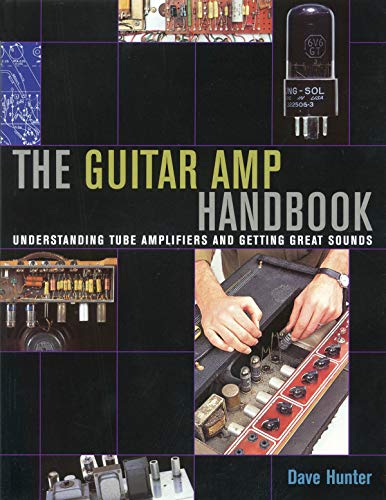Aiwa did some fairly good cassette decks back in the day , A three head machine is good if you can find it . Its handy if you want to record on tape and transfer to digital in the same pass , as the signal comes back off tape with a short delay , which can be compensated for in software . A two head machine cant do that .
Direct drive does seem to out last belt drive . I worked in domestic hifi servicing for a while , mainly on cassette decks .
A hifi buddy gave me a direct drive technics tape machine a while back , it powered up and went into play mode but shut off a moment later , everything else worked fine . I realised that the tape counter wasnt counting , Theres a little reflective and black patern on the tape take up spindle , turned out dust had accumulated on the surface and was preventing the opto circuit sending a pulse , a quick swab with a cotton bud and we were back in business .
I still have an old Marantz deck , SD4000 ,a tank of a thing , in the pink champagne . Wasnt quite top of the range , but the decks above it were all logic controlled not piano key . Also runs at double speed with slightly better bandwidth and s/n ratio .
Another good tip for servicing older tape decks is use some contact cleaner on the record/playback switch , its a multicontact switch on the PCB board , its mecahnically actuated when you press the record button . poor contact here can cause all kinds of weirdness .
Direct drive does seem to out last belt drive . I worked in domestic hifi servicing for a while , mainly on cassette decks .
A hifi buddy gave me a direct drive technics tape machine a while back , it powered up and went into play mode but shut off a moment later , everything else worked fine . I realised that the tape counter wasnt counting , Theres a little reflective and black patern on the tape take up spindle , turned out dust had accumulated on the surface and was preventing the opto circuit sending a pulse , a quick swab with a cotton bud and we were back in business .
I still have an old Marantz deck , SD4000 ,a tank of a thing , in the pink champagne . Wasnt quite top of the range , but the decks above it were all logic controlled not piano key . Also runs at double speed with slightly better bandwidth and s/n ratio .
Another good tip for servicing older tape decks is use some contact cleaner on the record/playback switch , its a multicontact switch on the PCB board , its mecahnically actuated when you press the record button . poor contact here can cause all kinds of weirdness .
Last edited:





















![Soldering Iron Kit, 120W LED Digital Advanced Solder Iron Soldering Gun kit, 110V Welding Tools, Smart Temperature Control [356℉-932℉], Extra 5pcs Tips, Auto Sleep, Temp Calibration, Orange](https://m.media-amazon.com/images/I/51sFKu9SdeL._SL500_.jpg)











